Premium Only Content
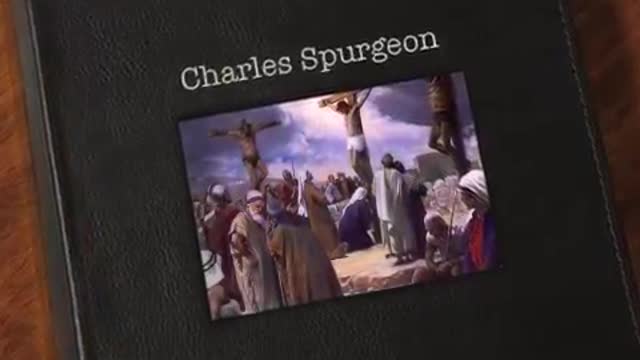
Morning and Evening September 10th Habakkuk 1:8 Mark 3:13
Morning
"And he goeth up into a mountain, and calleth unto him whom he would: and they came unto him."
Mark 3:13
Here was sovereignty. Impatient spirits may fret and fume, because they are not called to the highest places in the ministry; but reader be it thine to rejoice that Jesus calleth whom he wills. If he shall leave me to be a doorkeeper in his house, I will cheerfully bless him for his grace in permitting me to do anything in his service. The call of Christ's servants comes from above. Jesus stands on the mountain, evermore above the world in holiness, earnestness, love and power. Those whom he calls must go up the mountain to him, they must seek to rise to his level by living in constant communion with him. They may not be able to mount to classic honours, or attain scholastic eminence, but they must like Moses go up into the mount of God and have familiar intercourse with the unseen God, or they will never be fitted to proclaim the gospel of peace. Jesus went apart to hold high fellowship with the Father, and we must enter into the same divine companionship if we would bless our fellowmen. No wonder that the apostles were clothed with power when they came down fresh from the mountain where Jesus was. This morning we must endeavour to ascend the mount of communion, that there we may be ordained to the lifework for which we are set apart. Let us not see the face of man today till we have seen Jesus. Time spent with him is laid out at blessed interest. We too shall cast out devils and work wonders if we go down into the world girded with that divine energy which Christ alone can give. It is of no use going to the Lord's battle till we are armed with heavenly weapons. We must see Jesus, this is essential. At the mercy-seat we will linger till he shall manifest himself unto us as he doth not unto the world, and until we can truthfully say, "We were with him in the Holy Mount."
Evening
"Evening wolves."
Habakkuk 1:8
While preparing the present volume, this particular expression recurred to me so frequently, that in order to be rid of its constant importunity I determined to give a page to it. The evening wolf, infuriated by a day of hunger, was fiercer and more ravenous than he would have been in the morning. May not the furious creature represent our doubts and fears after a day of distraction of mind, losses in business, and perhaps ungenerous tauntings from our fellow men? How our thoughts howl in our ears, "Where is now thy God?" How voracious and greedy they are, swallowing up all suggestions of comfort, and remaining as hungry as before. Great Shepherd, slay these evening wolves, and bid thy sheep lie down in green pastures, undisturbed by insatiable unbelief. How like are the fiends of hell to evening wolves, for when the flock of Christ are in a cloudy and dark day, and their sun seems going down, they hasten to tear and to devour. They will scarcely attack the Christian in the daylight of faith, but in the gloom of soul conflict they fall upon him. O thou who hast laid down thy life for the sheep, preserve them from the fangs of the wolf.
False teachers who craftily and industriously hunt for the precious life, devouring men by their false-hoods, are as dangerous and detestable as evening wolves. Darkness is their element, deceit is their character, destruction is their end. We are most in danger from them when they wear the sheep's skin. Blessed is he who is kept from them, for thousands are made the prey of grievous wolves that enter within the fold of the church.
What a wonder of grace it is when fierce persecutors are converted, for then the wolf dwells with the lamb, and men of cruel ungovernable dispositions become gentle and teachable. O Lord, convert many such: for such we will pray tonight.
===
Charles Haddon (C.H.) Spurgeon (19 June 1834 -- 31 January 1892) was a British Particular Baptist preacher who remains highly influential among Christians of different denominations, among whom he is still known as the "Prince of Preachers". He was a strong figure in the Reformed Baptist tradition, defending the Church in agreement with the 1689 London Baptist Confession of Faith understanding, and opposing the liberal and pragmatic theological tendencies in the Church of his day.
Spurgeon was a prolific author of many types of works including sermons, an autobiography, commentaries, books on prayer, devotionals, magazines, poetry, hymns and more.Many sermons were transcribed as he spoke and were translated into many languages during his lifetime. Spurgeon produced powerful sermons of penetrating thought and precise exposition. His oratory skills held throngs of listeners spellbound in the Metropolitan Tabernacle and many Christians have discovered Spurgeon's messages to be among the best in Christian literature.
http://conservativeweasel.blogspot.com/2011/09/daily-devotional-sunday-11th-september.html
AUAWN0911111
-
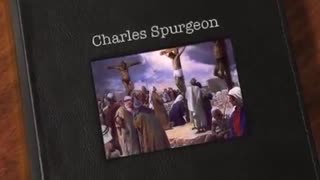 4:01
4:01
Morning and Evening from Spurgeon
3 years agoMorning and Evening December 26th Matthew 28:20 1 Corinthians 15:45
418 -
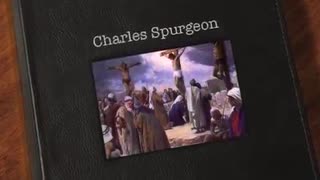 4:26
4:26
Morning and Evening from Spurgeon
3 years agoMorning and Evening September 7th Jeremiah 49:23 Mark 2:4
147 -
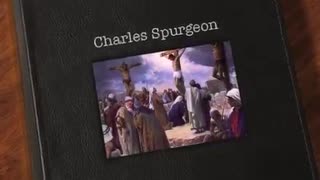 4:47
4:47
Morning and Evening from Spurgeon
3 years agoMorning and Evening September 4th Leviticus 19:36 Mark 1:41
261 -
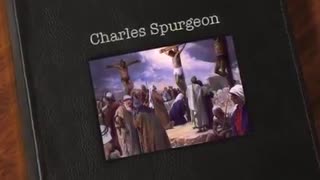 4:10
4:10
Morning and Evening from Spurgeon
3 years agoMorning and Evening September 2nd John 4:48 Mark 1:30
129 -
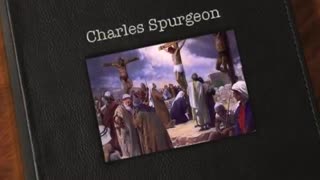 4:16
4:16
Morning and Evening from Spurgeon
3 years agoMorning and Evening August 10th
32 -
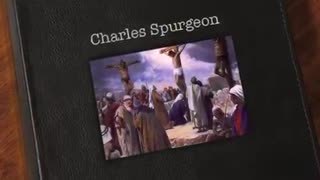 4:20
4:20
Morning and Evening from Spurgeon
3 years agoMorning and Evening September 9th Revelation 4:4 Jeremiah 33:3
1152 -
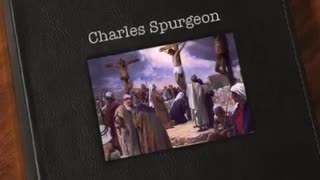 4:46
4:46
Morning and Evening from Spurgeon
3 years agoMorning and Evening September 8th Ephesians 1:19-20 Hosea 14:8
181 -
 4:13
4:13
Morning and Evening from Spurgeon
3 years agoMorning and Evening September 6th Galatians 5:18 Philippians 2:15
82 -
 4:19
4:19
Morning and Evening from Spurgeon
3 years agoMorning and Evening September 1st Psalm 62:8 Psalm 73:24
255 -
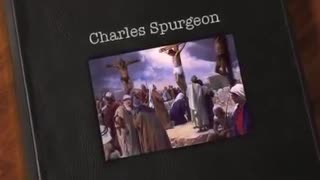 4:10
4:10
Morning and Evening from Spurgeon
3 years agoMorning and Evening July 10th
49